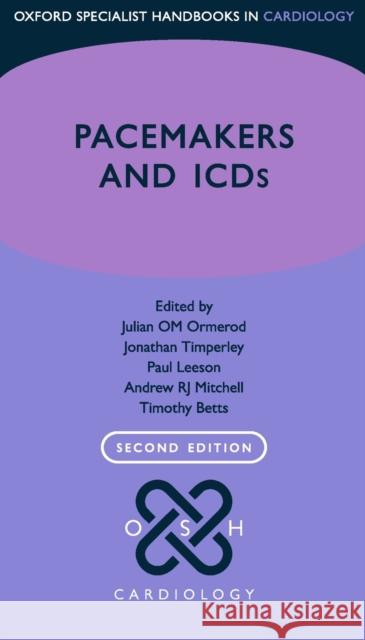Pacemakers and Icds » książka
topmenu
Pacemakers and Icds
ISBN-13: 9780199687831 / Angielski / Miękka / 2019 / 416 str.
Kategorie BISAC:
Wydawca:
Oxford University Press
Seria wydawnicza:
Język:
Angielski
ISBN-13:
9780199687831
Rok wydania:
2019
Numer serii:
000355328
Ilość stron:
416
Waga:
0.20 kg
Wymiary:
18.03 x 10.41 x 1.78
Oprawa:
Miękka
Wolumenów:
01
Dodatkowe informacje:
Komentarz











